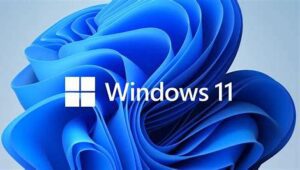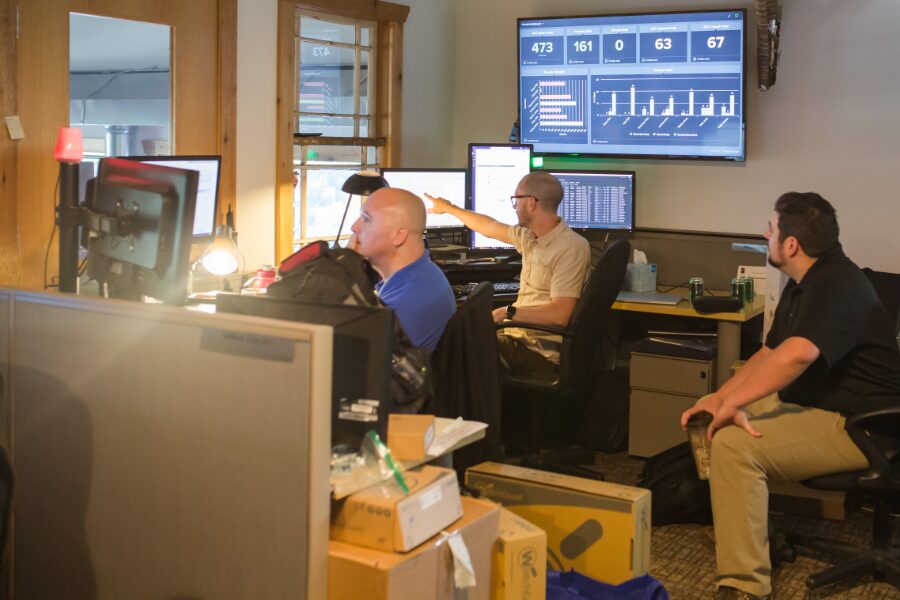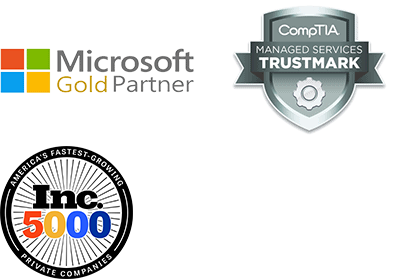If you are, then the countdown is on.
That’s because in less than 10 months, when you buy a new PC, it won’t support Windows 7 or 8.
Early this year, Microsoft announced a change to its support policy that lays out its plans for future updates to its older operating systems. The new rules mean that future PC owners will need to use Windows 10 because it will only work with the next generation of CPUs, the brain inside.
It’s not usual for old PCs to fall short of the minimum requirements of a brand new operating system, but in this case, the opposite is happening. Microsoft and its partners will not be putting in same amount of work to make new hardware work with older versions of Windows. The old operating systems, at best, will merely lack the latest updates. At worst, they might not function properly.
“As new silicon generations are introduced, they will require the latest Windows platform at that time for support,” Microsoft noted in a January 2016 blog.
“Windows 10 will be the only supported Windows platform on Intel’s upcoming ‘Kaby Lake’ silicon, Qualcomm’s upcoming ‘8996’ silicon, and AMD’s upcoming ‘Bristol Ridge’ silicon.”
This new policy doesn’t mean that Windows 7 and 8.1 are no longer supported. The two operating systems will continue to get updates through January 14th, 2020, and January 10th, 2023, respectively. But that’s only if you’re using hardware that was contemporaneous with those operating systems.
For current PC owners, the detail to note is that Intel’s current, sixth generation processors, known as Skylake, are the first that won’t support either of the older versions of Windows.
For those who have lagged behind on hardware and software updates, Microsoft says it will be maintaining a list of approved Skylake systems that are guaranteed to have Windows 7 and 8.1 support through July 17th, 2017.
That means there is now less than a 10-month grace period to buy modern hardware and implement upgrades to Windows 10.
After the grace period, only “the most critical Windows 7 and Windows 8.1 security updates will be addressed for these configurations, and will be released if the update does not risk the reliability or compatibility of the Windows 7/8.1 platform on other devices.”
Companies and consumers, of course, can still buy older PC hardware that doesn’t utilize Intel’s Skylake platform or other modern CPUs — the last generation of supported Intel processors are known as Broadwell, and those chips are still widely available.
The policy change helps Microsoft push adoption of Windows 10 as a service, not a product, and this change better reflects that. There’s only one current version of Windows, and while Microsoft will fulfill its legacy hardware obligations, it won’t be expending resources to help users steer clear of its latest and greatest.
Confused or concerned about where your company stands? Our experts at Applied Tech can help assess your needs and guide you through any transition.







